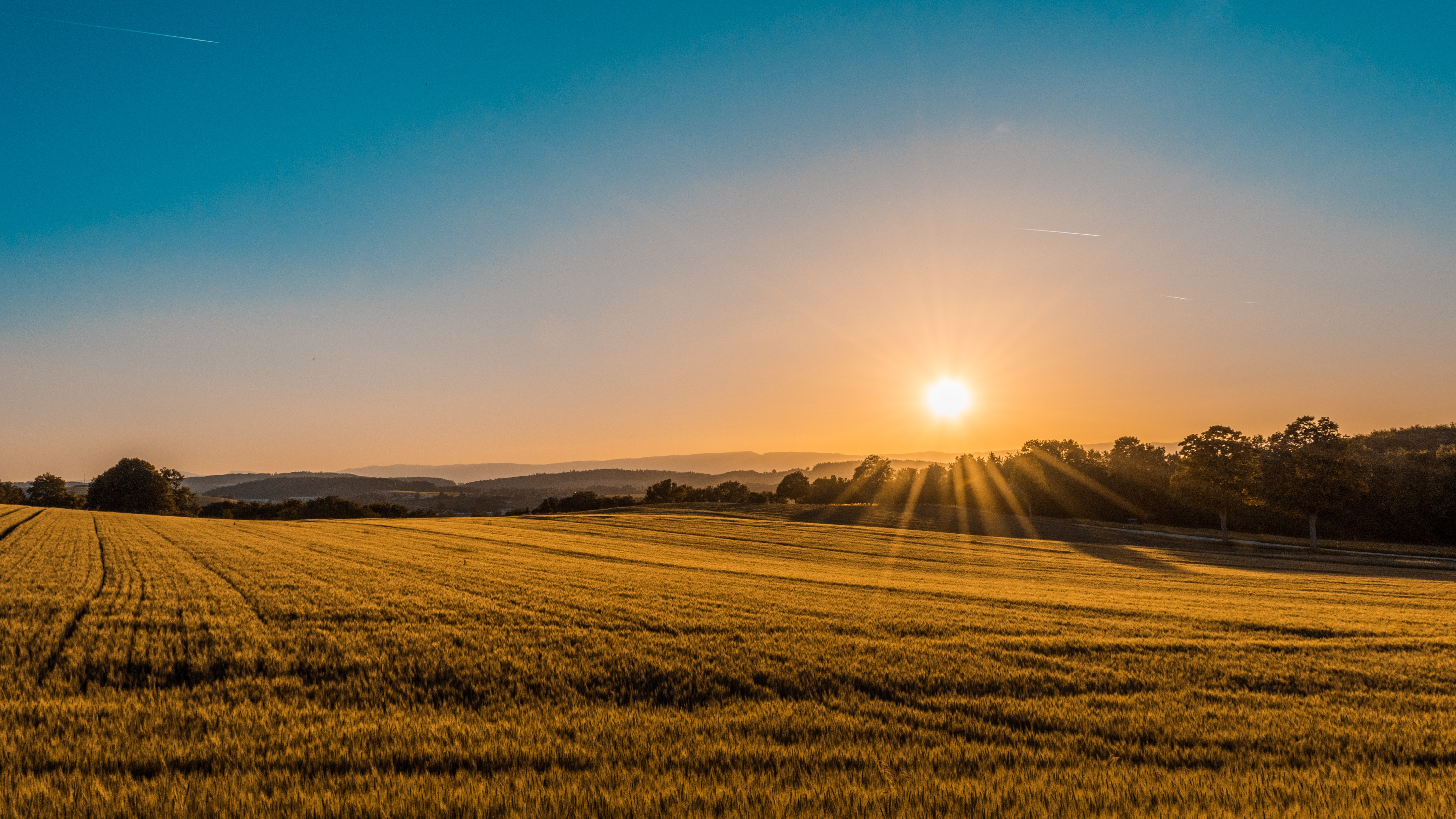 The current industrial food system is a massive driver of climate change. Soil erosion, pollution, deforestation, food miles, packaging and waste all contribute to a massive carbon footprint from seed to supermarket to plate.
The current industrial food system is a massive driver of climate change. Soil erosion, pollution, deforestation, food miles, packaging and waste all contribute to a massive carbon footprint from seed to supermarket to plate.
As recent research by GRAIN and others have shown, industrial meat and chemical fertiliser are especially large contributors to our current climate crisis – bigger than common culprits like fossil fuel companies, as the recent New York Times video makes clear. Now, corporations even want to take over climate initiatives, greenwashing with false solutions like “net zero” and “climate-smart agriculture.” Simultaneously – paradoxically – fortunately: the global agrifood system is also where the most potential for remediation and regeneration exists. Food sovereignty and agroecology would go a long way in solving the climate crisis, stewarding instead of savaging the land.
This connection, between the food system and climate change, is often missing from the agenda at high-level climate conferences. What’s more, it is often missing from the strategic plans of sustainability campaigners or the program areas of funders.
Building on the EDGE conversations on climate justice at the 2021 annual conference, this 90 minute webinar featured concrete examples of how organizations and campaigns are pushing back on corporate climate washing, working to redirect public investment and financial flows away from industrial agriculture, and supporting more climate-friendly agro-ecological solutions.
As critically important ecosystems approach a tipping point due to agribusiness-related deforestation, it is vital to build movements across sectors and forge new connections to strengthen our response. Philanthropy has a unique opportunity to engage colleagues and build a broader movement in support of organizations leading these important strategies to foster a just transition for our food system.
This webinar was co-hosted by GRAIN and Grassroots International and co-sponsored by USA for Africa and the Wallace Global Fund.
- Recording of the webinar
- Resource List
- Moderator and Panelists
- Q&A - The Climate Agrifood Nexus
- Farming While Black
RESOURCES LIST
- Booklet on the Nyeleni Process.
- recent New York Times video
- Afro-Indigenous Farming Practices and Climate Change – Leah Penniman, Soul Fire Farm.
- Excerpt from feature film in production: “Farming While Black“
- Table debates: Why isn’t food on the COP agenda?, podcast on food in the climate talks
- Glasgow Food and Climate Declaration, https://www.glasgowdeclaration.org/
- Bloomberg article on Marfrig campaign win
- FoE US Report: Farming for the Future: Organic and Agroecological Solutions to Feed the World
PRESENTATIONS
- Presentation Larissa Packer, GRAIN
- Presentation Alexandra Toledo, GRAIN
- Presentation Ashley Schaeffer, Friends of the Earth
CAMPAIGNS
- No to Nature-Based Solutions Dispossessions!: sign on statement to help spread the word and pull together a unified front against these scams now with hundreds of signatories from around the world. (*covered in Common Dreams)
- Link to join the Divest Factory Farming coalition / campaign:
- General campaign article
- Campaign Op-Ed in the Guardian
FUNDERS
- Global Alliance on the Future of Food – new report on NDCs
- Thousand Currents Academy: Funding Climate Solutions
Moderator
Saulo Araujo (Grassroots International)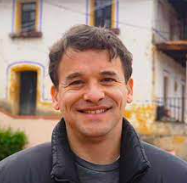
Saulo Araujo is the Director of Global Philanthropy at Grassroots International, mobilizing financial and other resources to initiatives led by grassroots organizations and social movements worldwide. He has served as a philanthropic advisor for the International Planning Committee on Food Sovereignty (IPC) — a coordination space of social movements and allies on global policies around food, biodiversity, peasant and indigenous rights, and the livelihood of fishing, pastoralist and peasant families. He also worked as the director of the Global Movements Program at WhyHunger and the Latin America Program Coordinator at Grassroots International. Saulo is a senior fellow of the Environmental Leadership Program and has served as a board member and advisor for many organizations, including The Food Project, New England Grassroots Environmental Fund, and Justice at Work.
PANELISTS
Alexandra Toledo joined GRAIN to support fundraising, grant writing and activity reporting. Based in Valencia, Spain, she combines her conviction for food sovereignty with her training in nonprofit management to support the movement. Over the past decade, she has collaborated with organizations that advance agroecology, support environmental activists, analyze food policy, and advocate for indigenous livelihoods and wisdom. She holds Master’s degrees in nonprofit management and Latin American studies with a specialization in food systems.
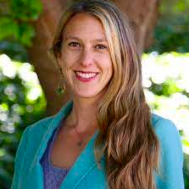 Ashley Schaeffer Yildiz (Friends of the Earth)
Ashley Schaeffer Yildiz (Friends of the Earth)
Ashley Schaeffer Yildiz is a Senior Campaigner for the Animal Agribusiness Finance Program at Friends of the Earth working to end factory farm finance around the globe and secure policies at Multilateral Development Banks (MDBs) that will lead to the exclusion of industrial livestock projects from their portfolios. Ashley is a lifelong advocate for the planet, animal rights and social justice with 17 years of experience working on corporate campaigns at organizations such as Amazon Watch, Greenpeace, Rainforest Action Network (RAN), Corporate Accountability International and One Meal a Day for the Planet (OMD). She has organized many non-violent direct actions and directed several different national grassroots organizing programs.
Larissa Packer joined GRAIN in 2018 and is based in Rio de Janeiro, Brazil. She is a people’s lawyer with a focus on the human and socio-environmental rights of peasants, indigenous peoples and traditional communities. In Brazil, she has worked many years with Terra de Direitos, Carta de Belém Group and the Biodiversity working group of Brazil’s Articulaçao Nacional de Agroecología. At GRAIN, Larissa shares responsibility for the implementation of work across Latin America.
 Million Belay, AFSA General Coordinator
Million Belay, AFSA General Coordinator
Million has been working for over two decades on intergenerational learning of bio-cultural diversity, agriculture, the rights of local communities to seed and food sovereignty and forest issues. He has a PhD in environmental learning, an MSc in tourism and conservation, and a BSc in Biology, and is a member of the International Panel of Experts on Sustainable Food Systems (IPES-Food).
Q&A The climate Agrifood Nexus and Summary of Chat Box
Farming While Black is a feature-length documentary based on the book of the same name written by Leah Penniman, co-founder of Soul Fire Farm. Leah is part of a rising generation of young Black farmers finding strength in the deep historical knowledge of African agrarianism, and the film reveals the innovative legacy of Black Farmers, exploring “Afroecology” and the significant impact that Afro-Indigenous farming practices have on remediating climate change. Leah and other proponents of food sovereignty know that by changing the industrialized food system to regenerative agriculture we can not only save the planet, but also provide liberation for marginalized peoples around the world. Kontent Films is a long time collaborator with EDGE, having produced a number of short films on the new economy, the commons, and systemic change. EDGE was also a consulting producer on Kontent’s feature film, “Not Without Us” which followed seven global grassroots activists to the 21st U.N Climate talks in Paris. For more information about Kontent Films, and how to support Farming While Black, please write to Liz Decena, liz@kontentfilms.com

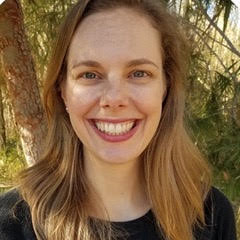
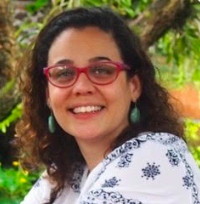
Leave a Reply
You must be logged in to post a comment.